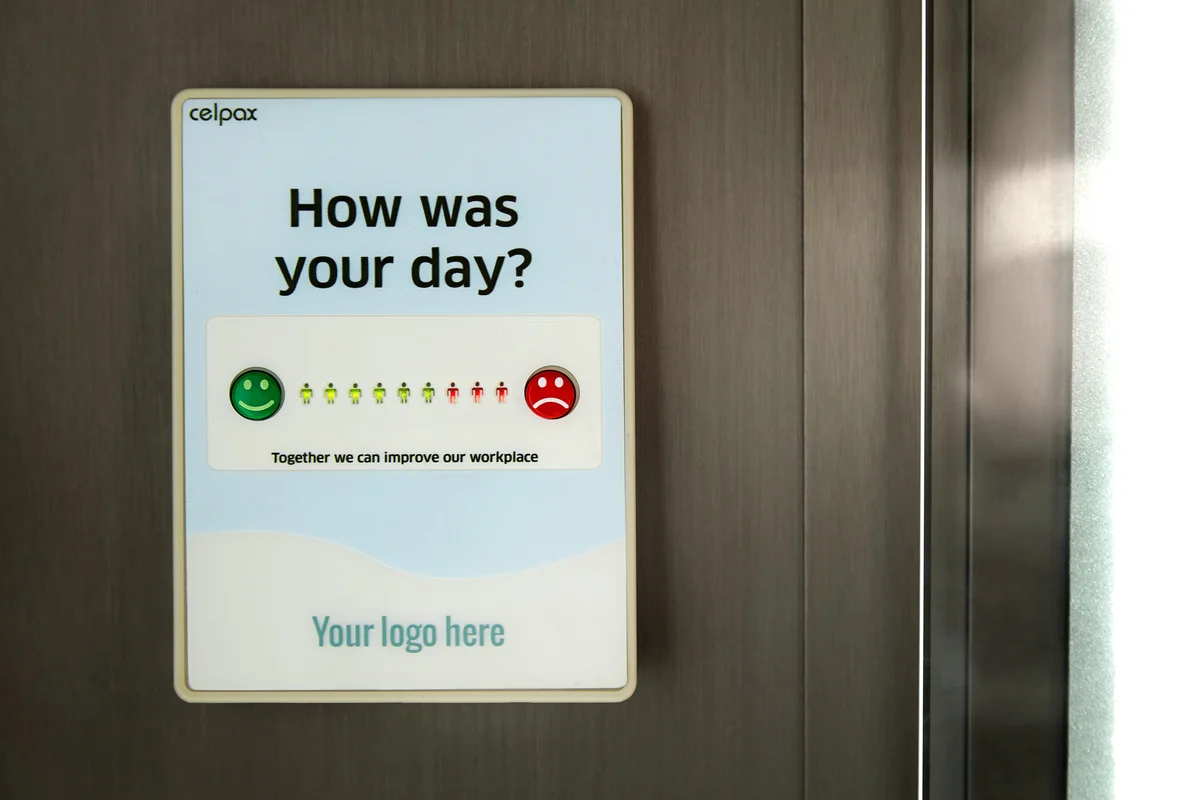5 Ways to Boost Your Employee Morale
Want to boost your employee morale? The morale of your employees affects staff productivity and the workplace atmosphere. If you detest going to work, you won’t be productive. In a toxic office, it’s hard to avoid being affected by negativity. Low morale isn’t always avoidable. As a business owner, manager, organisational psychologist, or another stakeholder, you may assist prevent morale fluctuations and establishing a friendly, high-morale work environment. Boosting employee morale isn’t costly or time-consuming. As the examples below show, there are numerous free or low-cost ways to boost office morale.
Best Ways to Boost your Employee Morale

1) Be Available and Talk to employees
When you’re in a position of leadership, being available may boost employee morale.
- Being accessible to discuss concerns and answer inquiries can help employees feel heard. The more heard they are, the more valued employees will feel.
- Being accessible to employees promotes progress. When employees feel valued, they’re more likely to share suggestions for enhancing operations. They may also bring up difficulties.
- Being accessible means workers may vent problems. They may have a coworker issue. Perhaps their salary was off. Maybe the workplace needs improvement. Open-door policies allow you to handle employee problems before they become severe.
- Being accessible to workers promotes a collective approach to achieving company goals.
If employees feel like they’re part of the team, they’ll be more invested. Employees who are instructed what to do without respect for their thoughts or feelings may not be as motivated to serve a team. Which boosts morale? First! Being accessible to employees from the outset is key.
Also Read: The Importance of Audience Targeting in Business Advertising
2) Be Adaptive or Flexible
Safety requirements, for example, can’t be flexible in many organisations. But managers, supervisors, and those in power roles should be flexible.
Employees should feel comfortable discussing scheduling adjustments with their superiors. Sick kids, weekday appointments, and flat tyres happen. Employees shouldn’t be berated for adjusting their schedules in these situations.
Flexibility and understanding will increase morale. If you help employees cope with last-minute challenges, they’ll be more inclined to discover quick solutions that get them back to work swiftly.
On a frigid morning, an employee’s automobile won’t start. They call to explain. If you say, “Fix it quickly, your shift starts shortly,” the employee won’t feel supported. A lack of assistance might develop future distrust and fear about coming to you with difficulties or challenges. If you explain to the employee that you can cover their shift until they come, they’ll feel like you have their back and will assist them to fix the situation. Being flexible and helping staff overcome difficulties can boost company morale. Being empathetic and flexible will make employees feel cared about.
Flextime or work-from-home days are alternative options. This is free and can reduce overhead expenditures. Employees adore these bonuses. Being flexible is worth it as long as people are productive.
3) Honour success
Honour work achievements. It’s worth celebrating when a corporation or group reaches a goal. This doesn’t imply you should throw a party every time sales goals are accomplished or there are no accidents or consumer complaints.
Periodic festivities promote and maintain staff morale. Maybe big deadlines or projects are met. An employee may have 10 years of service. Or a worker obtains a big customer or completes a major training programme. Recognizing a good event allows everyone in the company to celebrate.
This isn’t only about professional achievements. Once a month, everyone celebrates birthdays. Baby shower an expecting employee. Personal event recognition boosts morale and fosters stronger staff ties. These ties might make people feel more at home at work.
Celebrating triumphs involves expenditures like food, décor, and a present for the individual being honoured. These little costs are worth the morale boost from celebrating a milestone.
These events boost morale and allow everyone to relax, decompress, and enjoy one another’s company. A well-timed celebration may reinvigorate office enthusiasm and help staff restore focus.
4) Positivity
Simply having a pleasant attitude may enhance staff morale. Overly cheerful or fake enthusiasm irritates employees. Don’t be fake, but lead by example.
Positive supervisors boost employee morale. This doesn’t mean you have to grin all the time, but it’s crucial to demonstrate optimism for your colleagues.
This is vital when stressed. If a firm is failing to fulfil sales targets, stressed-out pessimism won’t motivate salespeople to work harder and complete more deals. Be optimistic and encouraging, give staff positive affirmations, and assist them to execute their tasks better.
This strategy for raising staff morale works best when used early. Positive training may help employees create positive attitudes about their work and the workplace. By setting the expectation that employees should be positive and letting them know you’ll support them when they falter, you’ll have happier workers.
Positivity complements other strategies on this list. A positive attitude at work makes you more approachable, for example. They’ll be more accepting of the idea that you’ll be adaptable and accommodating when the necessity comes.
5) Importance of Work
Almost every worker wants their effort to matter. They want to feel like they’re making a difference. Employees are more likely to have a pleasant attitude if you let them see why their job matters and why they’re vital team members.
Managers and executives should explain to employees why their company’s job is vital. You don’t need weekly meetings to remind everyone why their job is vital. Find strategies to make employees feel like team members and part of a bigger picture.
Every employee should understand the value of work. The CEO to the night custodian is all on the same team. If employees at any level feel undervalued, it may affect their morale and the individuals they work with.
Again, this strategy works well with others. Celebrating employee milestones is one method to highlight their efforts. It’s a great way to show your appreciation for their daily labour.
Conclusion
Happy employees are more likely to work hard and report job satisfaction than those with low morale, as indicated in the introduction. High worker morale has numerous benefits for large and small firms.
Good morale is key to attracting and maintaining loyal, excellent employees. If your workers love coming to work, feel heard, and feel supported, they’ll stay longer. Employees that despise their employment, feel taken advantage of, or dislike their coworkers won’t be as committed to the organisation long-term.
Good morale encourages engaged and efficient staff. Positive workplaces allow employees at all levels to focus better, enjoy their job more, and be more effective and productive.
Try one (or more!) of the tips to boost workplace morale. Keep using a successful solution. Maintaining great morale needs you to continue spending time and energy in the workplace.




